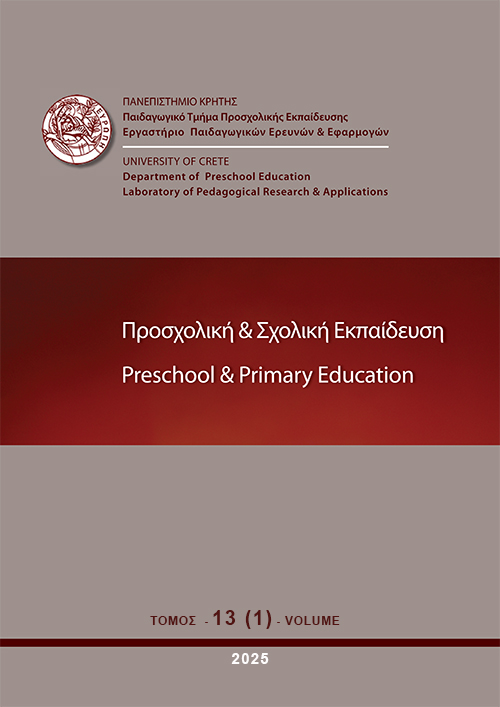Human rights and education – the educators’ role

Abstract
The article consists of three parts. The first critically examines the history of human rights throughout the centuries and mainly during the 20th century and beyond, focusing on the issues associated with them in public discourse through different schools of thought. The second part explores the content and essence of Human Rights Education (HRE) as defined by the United Nations' Declaration on Human Rights Education. As an offshoot of critical pedagogy, HRE is mainly influenced by the issues associated with it in terms of the courage and critical thinking it requires to be carried out. The third part focuses on the profile of educators who teach human rights and follow the principles of HRE. Essentially, a double burden falls on their shoulders, that of a meaningful political view of the world, critical thinking and courage, while at the same time they are called upon to serve the existing, suffocating educational system, maintaining perseverance and bravery.
Article Details
- How to Cite
-
Choleva, N. (Athanasia). (2025). Human rights and education – the educators’ role. Preschool and Primary Education, 13(1), 131–159. https://doi.org/10.12681/ppej.38805
- Section
- Articles

This work is licensed under a Creative Commons Attribution-NonCommercial-ShareAlike 4.0 International License.
Authors who publish with this journal agree to the following terms:
- Authors retain copyright and grant the journal right of first publication with the work simultaneously licensed under a Creative Commons Attribution Non-Commercial License that allows others to share the work with an acknowledgement of the work's authorship and initial publication in this journal.
- Authors are able to enter into separate, additional contractual arrangements for the non-exclusive distribution of the journal's published version of the work (e.g. post it to an institutional repository or publish it in a book), with an acknowledgement of its initial publication in this journal.
- Authors are permitted and encouraged to post their work online (preferably in institutional repositories or on their website) prior to and during the submission process, as it can lead to productive exchanges, as well as earlier and greater citation of published work (See The Effect of Open Access).


